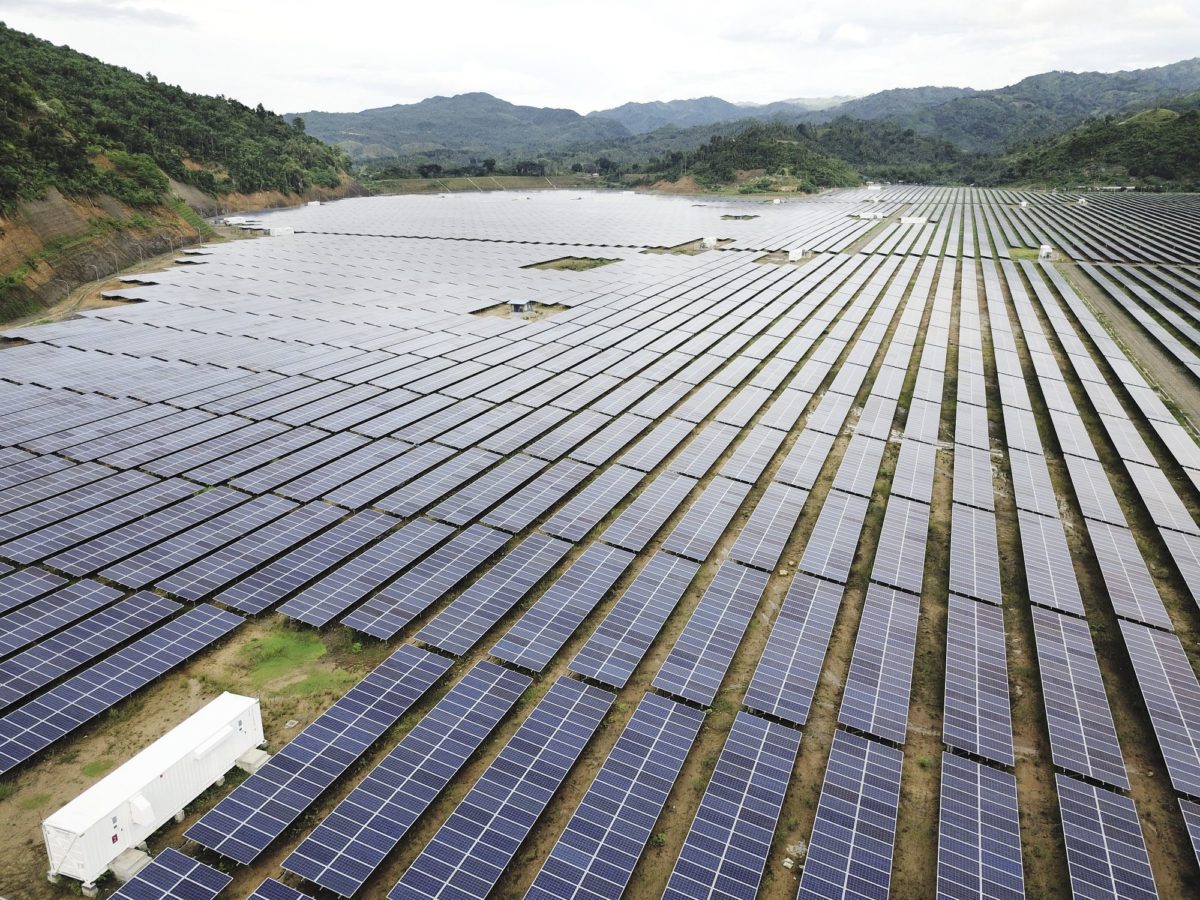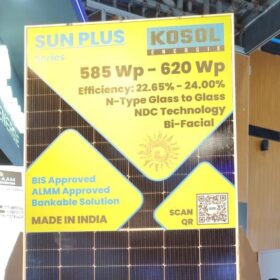State-owned power generator NTPC has invited domestic bids for engineering, procurement and construction (EPC) package with land for development of ISTS grid-connected solar PV projects up to 600 MW capacity.
The projects—to be set up under Open category—allow the use of only domestically manufactured solar cells and modules.
The scope of work includes design, engineering, manufacturing, supply, packing and forwarding, transportation, unloading, storage, installation and commissioning of grid-connected solar PV projects located anywhere in India on a turnkey basis. The developer shall also be responsible for the operation and maintenance of the complete solar PV plant, including switchyard and power evacuation system until the ISTS substation, for three years.
To be eligible, the bidder should have an average annual turnover of minimum Rs 210 crore during the preceding three financial years.
Project capacity
Bids must be made for projects of a minimum 50 MW in size, rising in 10 MW multiples. Bidders can offer multiple projects, provided each has a minimum 50 MW capacity.
The total capacity of solar projects that can be allocated to a company is 300 MW.
This content is protected by copyright and may not be reused. If you want to cooperate with us and would like to reuse some of our content, please contact: editors@pv-magazine.com.









1 comment
By submitting this form you agree to pv magazine using your data for the purposes of publishing your comment.
Your personal data will only be disclosed or otherwise transmitted to third parties for the purposes of spam filtering or if this is necessary for technical maintenance of the website. Any other transfer to third parties will not take place unless this is justified on the basis of applicable data protection regulations or if pv magazine is legally obliged to do so.
You may revoke this consent at any time with effect for the future, in which case your personal data will be deleted immediately. Otherwise, your data will be deleted if pv magazine has processed your request or the purpose of data storage is fulfilled.
Further information on data privacy can be found in our Data Protection Policy.